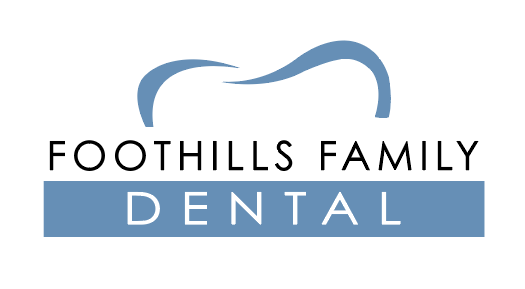
WHAT CAUSES TOOTHACHES? There are a few different causes, and we want our patients to be familiar with them as well as what they can do about them if a toothache strikes at a time when it’s not so easy to make a quick visit to the dentist.
Toothache Causes: The Usual Suspects
Tooth decay is the most common cause of toothaches, but it’s not the only one. Others include gum disease, pulp inflammation, and dental abscess. An injury to the face can also result in a toothache even if the tooth and surrounding gum tissue were perfectly healthy beforehand! Teeth impacted in the jaw can be painful too. There’s also tooth sensitivity, and sometimes simple congestion or a sinus infection can feel a lot like a toothache.
Can’t Get an Appointment Immediately? Here’s What to Do.
We encourage anyone with a toothache to schedule an emergency dental appointment, but sometimes toothaches aren’t polite enough to pop up during the dentist’s normal hours. What then? Fortunately, there are a few things patients can do to manage their pain level until the dentist can see them:
- Take over-the-counter anti-inflammatory medicine
- Apply topical pain relievers
- Apply a cold compress to the sore area
- Rinse and spit warm salt water to reduce the inflammation (don’t swallow it!)
Tips for Preventing Future Toothaches
Toothaches aren’t 100% preventable, particularly when sinus infections or injuries are the cause, but keeping up with dental health habits will certainly help your teeth stay in good shape. Most important among these are daily brushing and flossing. Make sure to brush twice a day for two full minutes, using a soft-bristled toothbrush and fluoride toothpaste.
We can also make toothaches less likely by cutting down on sugary foods and drinks (which are what harmful oral bacteria love to eat), and by drinking water afterwards when we do have something sugary.
Regular Dentist Appointments Help Prevent Toothaches
Another important way to prevent toothaches before they happen is by keeping up with a regular dental exam schedule. For most patients, this means coming in twice a year. These appointments matter because even the most diligent brushing and flossing won’t always get all the plaque and tartar. It’s also better to catch a problem before it gets bad enough that you actually feel symptoms like a toothache, because then it’s easier (and cheaper!) to treat.
Let’s Keep That Smile Toothache-Free!
Never forget that pain is the body’s natural alarm system to let us know when something’s wrong. That’s why we should never ignore a toothache. It won’t go away on its own, and whatever’s causing it will likely get worse, so if you have a toothache, make sure to schedule an appointment. The dentist will get to the bottom of it and recommend the right steps to take next.







